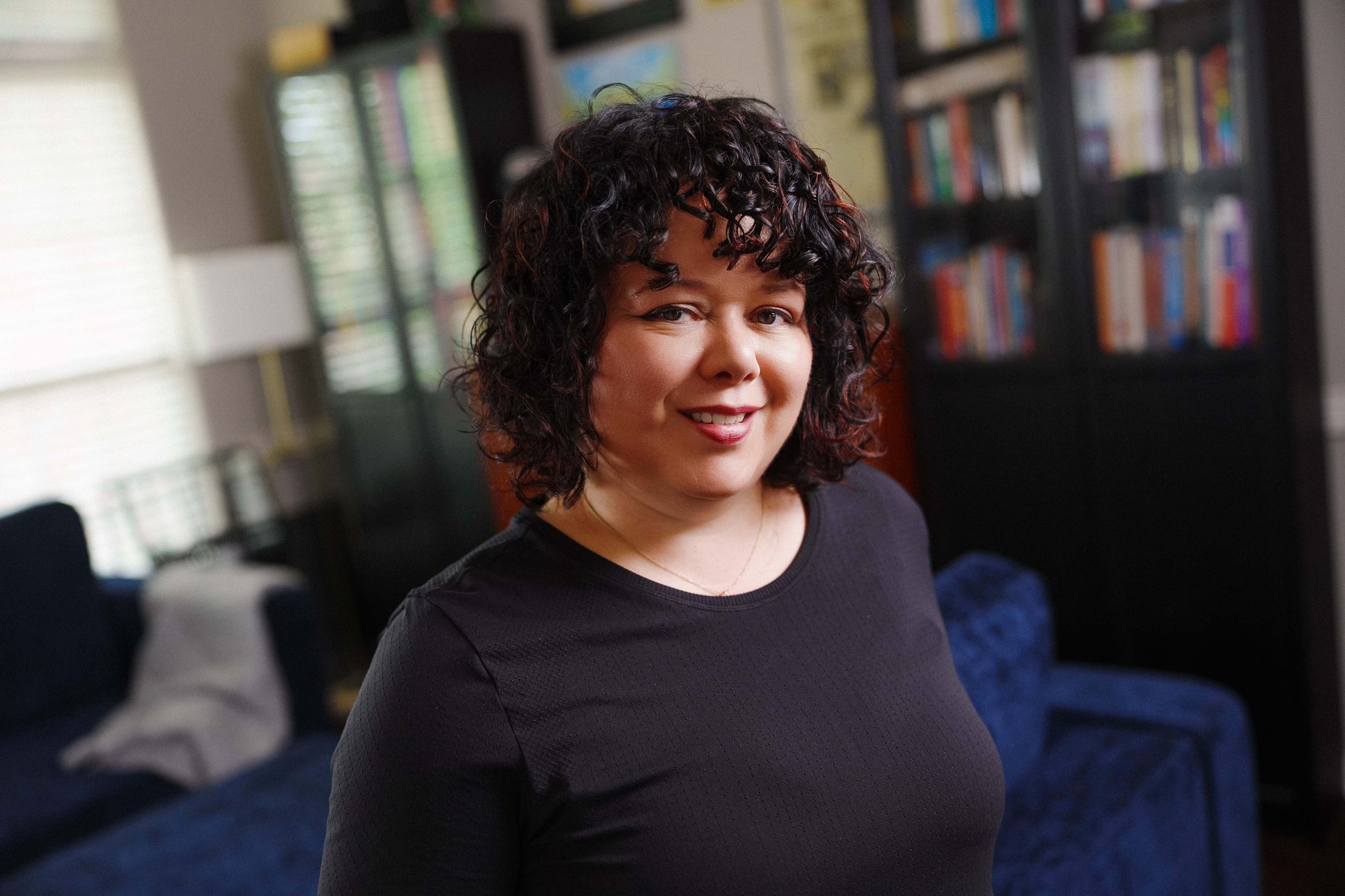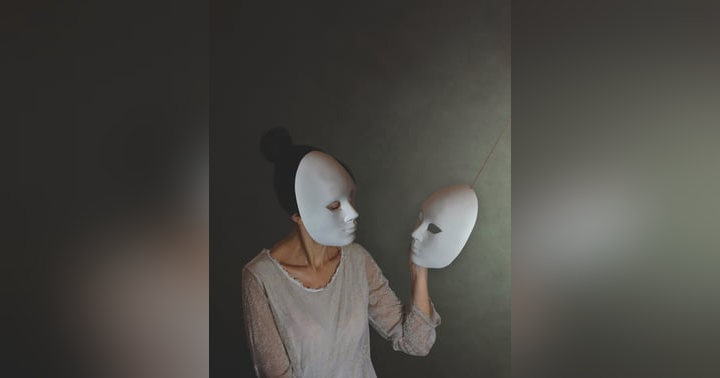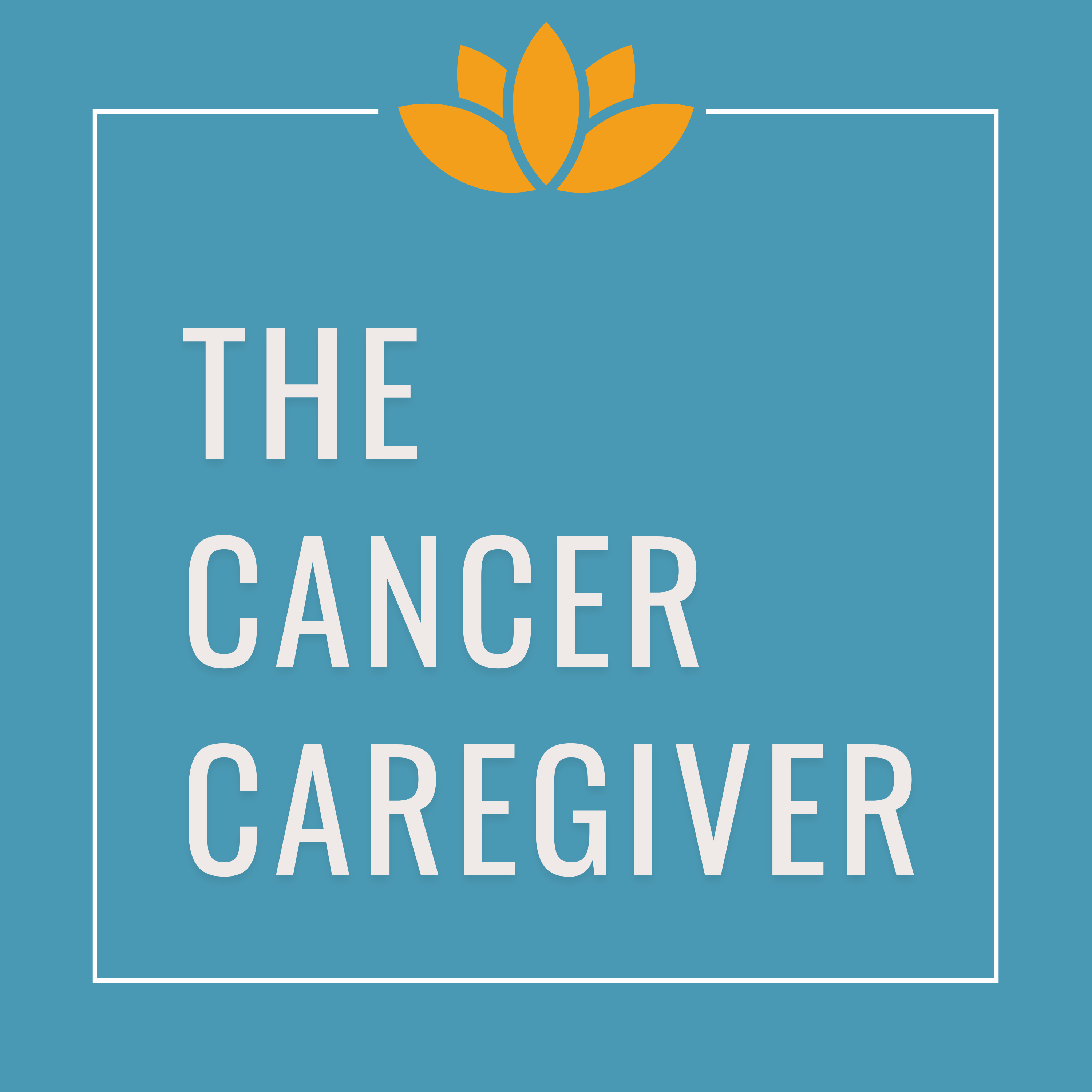When You’re the One Holding It All Together (and No One Notices)

Everyone Checks In on the Patient. No One Checks In on the Caregiver.
When someone you love is diagnosed with cancer, the world divides into two groups: those who are sick, and those who are invisible.
Everyone rushes to check in on the patient. "How are you feeling?" "What did the doctor say?" "Can I bring you soup?"
And then there's you, the one sitting quietly beside them, holding your breath while they answer questions you can't bear to hear. You become the appointment keeper, the medication tracker, the silent translator of side effects and moods. Somehow, in all of this, no one asks how you're doing.
Everyone checks in on the patient. No one checks in on the caregiver.
The Gradual Disappearance
In my episode, [Things I Wish You'd Know About Cancer Caregiving: To My Friends], I talked about the particular loneliness that settles in when cancer becomes your household's permanent resident. At first, your phone buzzes constantly, texts, calls, messages full of hope and hearts. Friends check in daily, maybe hourly.
They want updates. They want to help.
But time has a way of normalizing even the most abnormal situations. The messages slow. The check-ins become formulaic, focused only on your loved one:
"How's he doing?" "Any news?" "What are the doctors saying?"
You answer politely, because making it about you feels selfish. You downplay your exhaustion. You say, "We're managing," or "Taking it day by day."
But you're not managing. You're drowning in slow motion, trying to keep a household, a job, and a human alive while everyone forgets that you're human too.
The Weight of Being "Strong"
What I wish I could tell every well-meaning friend is this: when you call a caregiver "strong," you're not giving them permission to be weak.
You're adding another expectation to their already impossible load.
In [Caregivers Are Not Overreacting. They're Overloaded], I shared what it really means to live with the constant background noise of fear. The irritability that flares over small things. The brain fog that makes you forget your own phone number. The tears that ambush you in grocery store aisles.
None of it means you're broken. It means you're maxed out.
The science tells the same story. According to the CDC, nearly 1 in 5 caregivers reports fair or poor health, and 2 in 5 have multiple chronic diseases. That's not because we don't care for ourselves; it's because caregiving asks more of us than our bodies were ever designed to sustain.
We live in a state of chronic alert. Our nervous systems interpret every appointment, every waiting room, every test result as a potential emergency. Stress chemicals flood our bodies not for minutes or hours, but for months and years.
And then we wonder why we can't sleep, why we snap at our children, why we can't remember the last time we felt genuinely rested.
You're not overreacting. You're overloaded, physically, emotionally, and spiritually.
The Day I Almost Hit the Floor
Sometimes it takes a crisis to see how far you've drifted from yourself. In [Caregiving Under Pressure: How to Stay Calm and Focused], I shared the story of nearly fainting while watching my husband's post-surgery drain being removed. The warning signs were all there: the dizziness, the ringing ears, the tunnel vision closing in. But I didn't notice any of it.
My only thought was: How can I support him if I faint?
That's what we do. We push through pain, panic attacks, and our body's desperate signals because we've convinced ourselves that caring for ourselves makes us selfish. We become so focused on being the strong one, the reliable one, the one who holds it all together, that we forget we're allowed to fall apart.
That day in the recovery room taught me what I now call the Three A's of Self-Preservation:
Awareness — noticing when you're running on empty
Advocacy — believing you deserve support as much as your loved one does
Action — doing something about it, even when it feels uncomfortable
If awareness is the whisper that says "I need help," then advocacy is finding the courage to say it out loud — and action is where healing begins.
What Real Support Looks Like
When friends stop checking in on caregivers, it's rarely out of malice. It's out of discomfort.
They don't know how to hold space for both the love and the fear that coexist in every caregiving moment. So they default to the safer conversation, asking about the patient, offering prayers, sending heart emojis.
But what caregivers need isn't grand gestures or perfect words. We need presence. We need someone to see that we're not just an extension of our sick loved one, we're whole people with our own fears, needs, and breaking points.
If you love someone who's caring for a cancer patient, here's how to actually help:
Be specific. Don't say, "Let me know if you need anything." Say, "I'm bringing dinner Thursday. Do you prefer Italian or Thai?" or "I'm at the grocery store, what can I grab for you?"
Name the truth. Try, "This must be exhausting for you," instead of "You're so strong." Acknowledging the difficulty doesn't make it worse it makes the caregiver feel seen.
Follow up on them. Not just, "How are the test results?" but "When did you last eat a hot meal?" "Are you sleeping?" "What's been the hardest part for you this week?"
The difference between pity and presence is specificity.
The difference between helping and hovering is following through.
A Permission Slip for Caregivers
If you're the caregiver reading this, I need you to know something: You don't need anyone's permission to be human, but I'm giving it to you anyway.
Stop apologizing for being tired. Stop minimizing your emotions. Stop pretending that carrying the weight of someone else's mortality isn't slowly crushing you.
You are not selfish for needing rest.
You are not dramatic for crying in the car.
You are not weak for wanting someone, anyone, to ask about you.
In fact, acknowledging your own needs isn't selfish; it's survival. Because here's what no one tells you about long-term caregiving: you can't pour from an empty cup, but you also can't wait for someone else to notice your cup is empty.
You have to learn to refill it yourself, one small act of self-care at a time.
Starting Where You Are
Self-preservation doesn't require a spa day or a week off (though those would be nice). It starts with tiny acts of rebellion against the voice that says you don't matter.
It's drinking your coffee while it's still warm.
It's taking five minutes in your car before walking into the house.
It's answering honestly when someone asks how you are.
If you need a place to start, try the bonus episode [Slow Long Breath – Just F*cking Breathe] — a five-minute guided breathing exercise designed specifically for those moments when you're about to lose it in a hospital hallway or medical parking garage.
It's free, it's always available, and it's saved me more times than I can count.
You don't have to buy peace. Sometimes you can breathe it back in.
The Invitation That Changes Everything
Here's what I'm asking of you, of your friends, of anyone who reads this:
The next time someone asks how your loved one is doing, pause. Take a breath. Check in with yourself first. And if you have the courage, answer the question they didn't ask: How are you?
And if you're reading this because you love a caregiver, call them. Right now. Don't ask about lab results or treatment plans. Ask if they've eaten today. Ask what made them laugh last. Ask how they're really doing, and then listen. Really listen.
Because behind every patient who's being cared for, there's someone quietly holding the world together, someone who goes to bed each night wondering if they're doing enough, being enough, surviving enough.
They're waiting for someone to finally see them. To finally ask, "How are you, really?"
And to wait for the answer.
If this resonates with you, share it with someone who needs to hear it. Follow the podcast for more real conversations about the invisible side of caregiving. And remember, you're not alone in this, even when it feels like you are.



